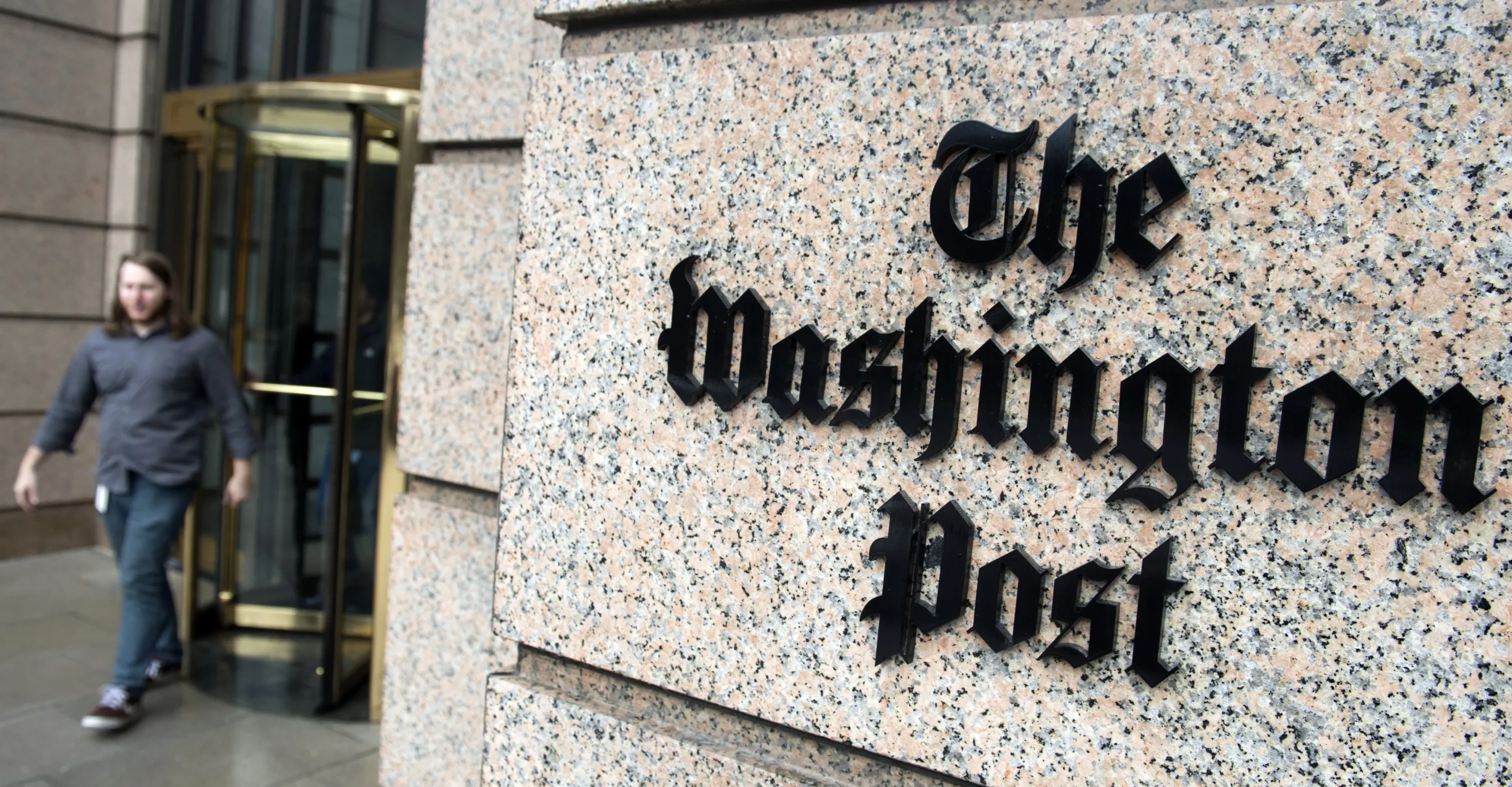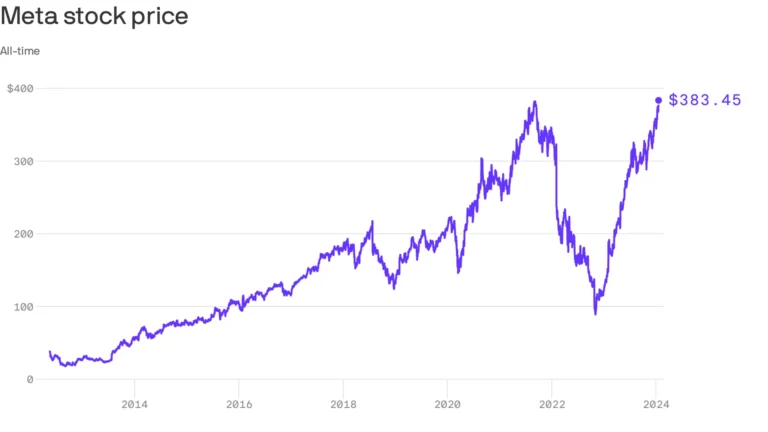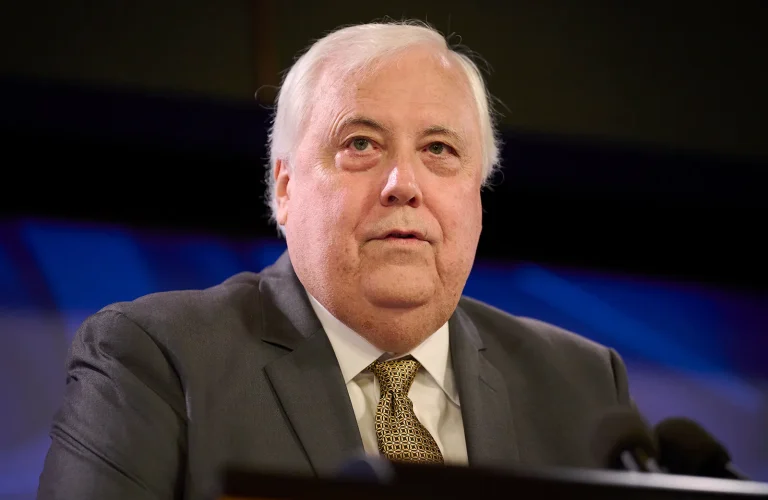The Washington Post: A Comprehensive Overview
Introduction
The Washington Post is one of the most renowned newspapers in the United States and around the world. Known for its in-depth investigative journalism, political reporting, and influence in shaping public opinion, The Washington Post has become a pillar in global news media. Over the years, the newspaper has earned recognition for breaking some of the most significant stories in modern history, including the Watergate scandal that led to the resignation of President Richard Nixon.
History and Origins
Founded in 1877 by Stilson Hutchins, The Washington Post started as a small newspaper focused on local D.C. news. Over the years, it expanded its reach and influence, eventually becoming one of the largest newspapers in the United States. In 1933, the newspaper was bought by Eugene Meyer, a prominent businessman and banker, who helped solidify its place in American media. Under his leadership, The Washington Post gained a reputation for covering national politics, business, and international affairs with integrity and depth.
By the 1960s, The Washington Post had grown into a leading national publication. The 1970s, however, marked the beginning of its most famous era, as it played a crucial role in investigating the Watergate scandal, which ultimately led to the impeachment of President Nixon. The investigative team of Bob Woodward and Carl Bernstein became icons of modern journalism, helping The Washington Post win the Pulitzer Prize for Public Service in 1973.
Ownership and Leadership
Over the decades, The Washington Post has been passed down through various owners. The most significant shift in recent history occurred in 2013, when Amazon founder Jeff Bezos acquired the newspaper for $250 million. Bezos’ acquisition was seen as a transformative moment for the paper, as it ushered in a digital-first strategy and a renewed focus on innovation. Under Bezos’ leadership, The Washington Post invested heavily in its online platform, expanding its digital subscriptions and diversifying its revenue streams.
The leadership at The Washington Post has also included influential editors and journalists such as Ben Bradlee, who was the executive editor during the Watergate scandal. Bradlee’s editorial direction shaped the paper’s reputation as a fearless advocate for truth and investigative reporting.
Key Facts and Figures
- Ownership: The Washington Post is currently owned by Nash Holdings, a company controlled by Jeff Bezos, who acquired the paper in 2013.
- Headquarters: The headquarters of The Washington Post is located in Washington, D.C.
- Digital Subscriptions: As of 2024, The Washington Post boasts over 3 million digital subscribers, making it one of the most successful paywalled news outlets in the world.
- Revenue: In recent years, The Washington Post has seen a steady increase in revenue, largely due to its expansion in digital subscriptions and advertising.
- Employees: The newspaper employs over 1,000 journalists globally, making it one of the largest newsrooms in the country.
- Awards: The Washington Post has won over 69 Pulitzer Prizes, one of the most prestigious awards in journalism.
- Reach: The Washington Post reaches millions of readers daily through its print edition, website, and mobile app, with a global audience in the tens of millions.
Key Contributions to Journalism
The Washington Post has been at the forefront of numerous defining moments in American history. Here are some of the key events that have helped shape its legacy:
- Watergate Scandal: The reporting by Bob Woodward and Carl Bernstein uncovered the truth behind the Watergate scandal, which led to the resignation of President Nixon. This is widely regarded as one of the most important moments in American journalism.
- Pentagon Papers: The Washington Post, along with The New York Times, published the Pentagon Papers in 1971. These classified documents revealed the U.S. government’s controversial and often misleading actions during the Vietnam War. The decision to publish these documents sparked national debates about press freedom.
- Presidential Elections: The Washington Post has consistently provided in-depth political analysis, especially during presidential election seasons. Its coverage of elections, from the primaries to the general election, has often been comprehensive, focusing not just on political figures but also on public policy and social issues.
- Investigative Journalism: The newspaper has maintained a strong focus on investigative journalism. Through its numerous investigations, The Washington Post has uncovered stories related to corruption, financial misdeeds, and governmental failures. These reports have often led to changes in policy and public perception.
The Digital Shift
In the past decade, the rise of digital media has forced traditional newspapers to adapt. The Washington Post was quick to embrace this change. Under Jeff Bezos’ ownership, the paper shifted its focus toward digital journalism, investing heavily in improving its website, mobile app, and online subscription model.
The Washington Post’s digital platform is one of the most sophisticated in the world. It includes multimedia content such as video reports, podcasts, and interactive graphics. The newspaper has also been able to leverage data and artificial intelligence to provide personalized news experiences to its readers.
Notable Journalists and Editorial Leadership
The Washington Post has been home to some of the most influential journalists in the world. Apart from Bob Woodward and Carl Bernstein, who are celebrated for their work on the Watergate scandal, notable journalists who have worked for the paper include:
- David Ignatius: A foreign affairs columnist and author, Ignatius is one of the leading voices on international relations and Middle Eastern affairs.
- Dana Milbank: A political columnist, Milbank’s work focuses on the intersection of politics, culture, and social issues in the United States.
- Ruth Marcus: A columnist who covers a variety of issues, including political and legal matters, Marcus is known for her balanced and insightful reporting.
- Eugene Robinson: A Pulitzer Prize-winning journalist, Robinson covers politics and social issues, often focusing on race and diversity in America.
Awards and Recognition
Throughout its long history, The Washington Post has received numerous accolades. The paper has won 69 Pulitzer Prizes, covering areas such as public service, investigative reporting, national reporting, and commentary. The recognition the paper has garnered is a testament to its impact on American journalism.
Challenges and Criticism
Like many legacy media outlets, The Washington Post has faced its fair share of challenges. The transition from print to digital journalism has not been easy, and the paper has had to navigate the shrinking advertising market while increasing its reliance on subscriptions. Additionally, as the media landscape has become more polarized, The Washington Post has faced criticism from various political factions. Critics often accuse the newspaper of bias, particularly in its political coverage, though the paper strives to maintain its editorial independence.
The Washington Post in the Future
The Washington Post continues to adapt to the evolving media landscape. Under Bezos’ ownership, the paper has maintained its focus on innovation, ensuring that it remains a leader in digital journalism. As the media industry faces increasing challenges, The Washington Post is working on diversifying its revenue streams, exploring new formats like video content, podcasts, and expanding its international reach.
Conclusion
The Washington Post’s rich history and commitment to investigative journalism have made it one of the most influential newspapers in the world. From its humble beginnings in the late 19th century to its global reach today, The Washington Post has shaped public discourse and policy with its fearless reporting. As the media landscape continues to evolve, The Washington Post is well-positioned to remain a leader in digital journalism while maintaining its tradition of holding






